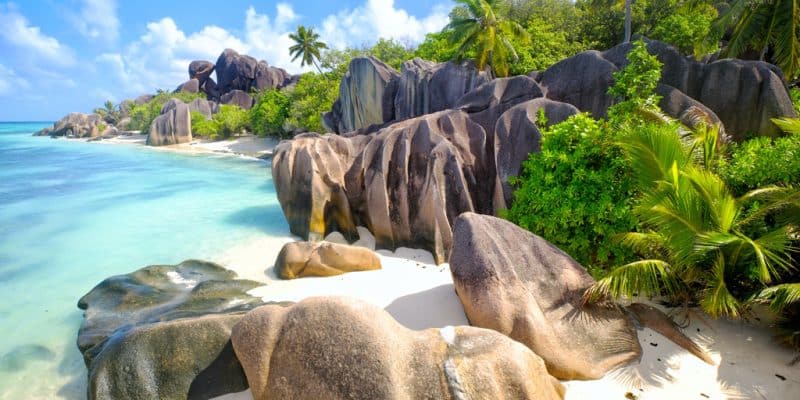The American platform Insider Monkey has just selected around forty countries that stand out for the abundance and attractiveness of their landscapes. The Seychelles, South Africa, Egypt and Kenya are the pride of the African continent in this global ranking.
The Top40 countries with abundant and attractive biodiversity are well known. In 2024, the American platform Insider Monkey has singled out Switzerland (1st) for its “heavenly” lakes and rivers, New Zealand (2nd) for its rich primary forests, and Norway (3rd), whose Geiranger and Nærøy valleys are listed as world heritage sites by the United Nations Educational, Scientific and Cultural Organisation (UNESCO).
Africa is represented in this world ranking of the most beautiful landscapes, with Kenya (16th), Egypt (39th) and South Africa (18th) in particular. The rainbow nation is ahead of Sri Lanka and even Costa Rica thanks to one particular asset: its 19 national parks, which include 660 of the world’s 860 species of Erica (plants used to treat infections) cover 40,802 km2, or 30% of South Africa’s territory.
Vegetation also played a part in Seychelles’ ranking (41st), but even more so its coastline. “Breathtaking coastal beauty with warm turquoise waters, soft white sand and a plethora of palm trees. Each Seychelles island offers a different beach experience, from secluded spots to spectacular rock formations,” says Insider Monkey.
Read also- Namibian cities again recommended to international ecotourists in 2024
This benefits the tourism sector, with 350,000 visitors a year (official figures) increasingly attracted by the marine ecosystems of this archipelago of just 1 million inhabitants. If a country like Morocco, internationally renowned for its biological diversity, is absent from this Top40, it is undoubtedly because of the earthquake in 2023, which disrupted its landscapes (rocky masses) and several animals.
Benoit-Ivan Wansi





